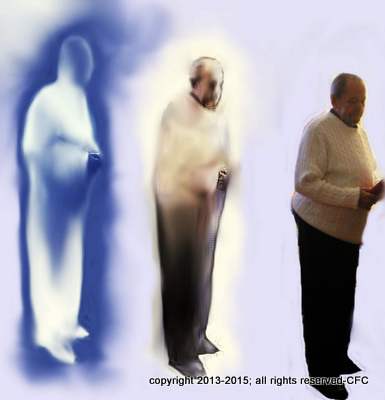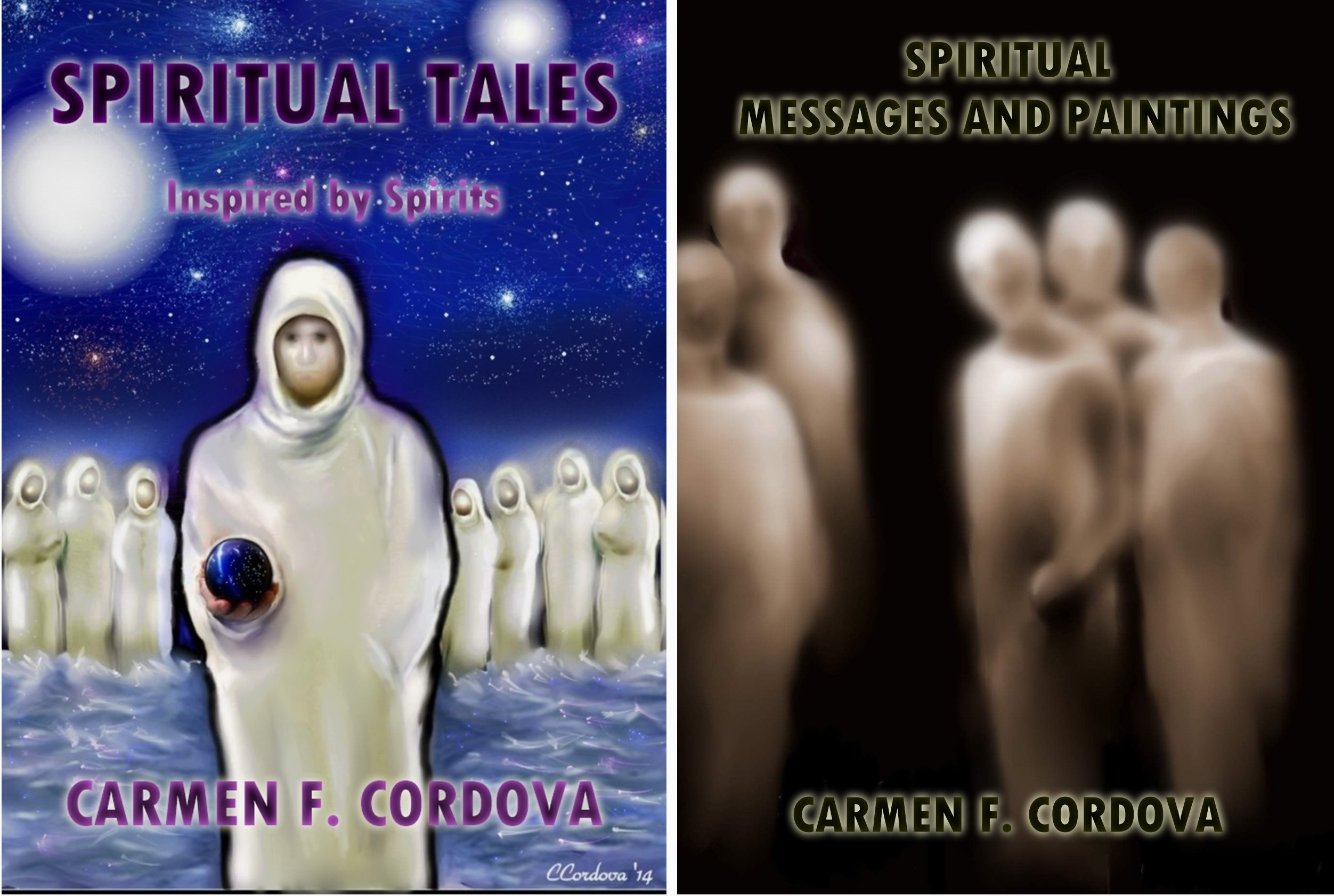Do Past Lives Exist ?
 Do Past Lives Exist ?
Do Past Lives Exist ?Do Past Lives Exist ?
Exploring the Possibility
The notion that we may have lived before, that our souls may journey through multiple lifetimes, is an alluring one. Embedded in the heart of various religions and spiritual movements, past lives and reincarnation offer a captivating perspective on the human condition.
But does reincarnation exist? What evidence supports such a bold claim and what are the scientific and psychological explanations for these phenomena? Let’s embark on an intriguing exploration of this age-old concept.
Key Takeaways
- The concept of reincarnation suggests that our soul transitions between lives in pursuit of spiritual growth, influenced by the universal law of Karma.
- Evidence for reincarnation includes Ian Stevenson’s research and case studies, physical characteristics and personal anecdotes.
- Past life regression therapy offers potential benefits such as memory access. Scientific skepticism is promoted to explore alternative explanations including false memories.
Reincarnation
Reincarnation is considered a profound belief system that extends beyond the physical realm. This remarkable concept suggests that our soul, the core of our being, can transition between lives in the relentless quest for spiritual growth. It’s a journey that transcends the boundaries of time and space, where the soul may inhabit various forms based on the ethical nature of its past deeds. This concept is intertwined with the idea of Karma, the universal law of cause and effect, which influences each subsequent life a soul experiences.
Religions worldwide offer unique interpretations of this concept, but the central theme persists: the soul transitions between lives for spiritual advancement and soul maturation. This transition is not just about changing bodies, but about evolving, learning, and growing.
The idea that we’ve lived before, that our current existence is but a chapter in a much larger narrative, is a compelling one. But how do different religions perceive this concept of previous existence?
Reincarnation in Major Religions

Many Eastern religions, including Hinduism, Buddhism, and Jainism, consider reincarnation a core belief. In these faiths, the soul’s journey from one life to another is influenced by karma, the actions from previous lives shaping the conditions of the next. This cycle of reincarnation continues until the soul achieves the highest state of spiritual enlightenment.
Conversely, Western religions like Christianity and Islam predominantly dismiss the notion of reincarnation. These faiths uphold the belief in a single birth followed by judgment after death. However, despite the differences in religious beliefs, the concept of past lives has intrigued individuals across the globe, leading to various personal experiences and scientific studies aiming to uncover the mysteries of past lives.
Spiritual Growth and Development
 Do past lives exist ?
Do past lives exist ?Reincarnation is perceived as a chance for a lifetime of spiritual evolution and growth of the soul. The soul learns valuable lessons in each life, gaining wisdom and understanding through different experiences. Each life is a new chapter, providing the soul with opportunities to overcome challenges, learn from mistakes, and progress towards spiritual enlightenment.
Actions from past lives significantly influence the experiences of the present life. This is where the concept of Karma comes into play. Karma, the law of cause and effect, suggests that one’s actions leave a karmic imprint, influencing future incarnations. The nature of actions, whether good or bad, determines the soul’s experiences in subsequent lives.
This cycle of cause and effect, of learning and growing, continues until the soul achieves its ultimate goal - spiritual enlightenment.
Evidence for Past Lives
While the concept of past lives might seem elusive and mystical, diverse pieces of evidence could validate its existence. The renowned psychiatrist Ian Stevenson devoted four decades to the scientific investigation of reincarnation, amassing a collection of over 2500 case studies. His research primarily revolved around children who retained memories of past lives. Alongside this, physical characteristics like birth defects and markings have lent credence to the concept of past lives.
Subjective evidence from personal anecdotes and experiences further adds to the complexity of this fascinating topic. Let’s delve deeper into these different sources of evidence, starting with the groundbreaking research of Ian Stevenson. His work has significantly impacted the study of past lives, offering substantial evidence for the plausibility of the concepts of reincarnation.
Ian Stevenson's Research
Ian Stevenson adopted a painstakingly precise approach to his study of past life experiences. He focused on children’s recollections of previous lives, documenting and researching various cases to investigate the notion of personality survival after the death of a deceased person. His research suggested that children who retained memories of past lives often recounted traumatic and violent deaths, which appeared to significantly influence their recollection of these memories.
Despite the compelling evidence Stevenson presented, his research has also faced criticism. Critics have pointed out a perceived lack of scientific rigor, the potential influence of his personal beliefs, and the lack of replicability of his methods.
Nevertheless, Stevenson’s work has undeniably contributed to the discourse and exploration within the realm of parapsychology.
Birth Defects and Physical Markings
Birth defects and physical markings serve as significant evidence of past life experiences. Verified instances demonstrate birthmarks aligning with fatal injuries or birth defects resembling traumas from a past life. Such tangible connections can bolster the concept of past lives and aid assertions of reincarnation. Researchers like Ian Stevenson and Graham Pemberton have conducted studies supporting this hypothesis.
The scientific correlation is investigated by analyzing cases of reincarnation in which individuals have birthmarks that correspond to wounds or injuries from a previous life. Although this evidence is suggestive, it remains controversial. The existence of a birthmark or a specific defect does not definitively prove a past life connection, but it adds another intriguing facet to the exploration of past lives.
Anecdotal Accounts and Personal Experiences
Personal experiences and anecdotal accounts constitute another form of evidence supporting past lives. These narratives often contain specific elements, including memories of events from a former life, recognition of people or places from that time, and emotional connections. Instances of individuals like James Leininger and Ryan Hammons, who recalled details of past lives, have been closely examined and documented.
These personal accounts, however, are often met with skepticism. While they offer a compelling narrative, they lack the empirical data and rigorous research methodologies that scientists prioritize for investigating phenomena. Such accounts are subjective and often hinge upon the individual’s personal belief system, making them a contentious source of evidence in the realm of past life exploration.
Past Life Regression Therapy
Past life regression therapy serves as a therapeutic method to delve into past life recollections. This form of therapy uses hypnosis to access the subconscious mind, enabling individuals to uncover memories and experiences from previous lives that are typically concealed in their subconscious. The therapy involves inducing a light trance state, allowing the individual to access and explore their past life memories while remaining aware of their present environment.
The potential advantages of past life regression therapy encompass emotional healing from past traumas, resolution of current life issues (Past Life Regression Experiences), and gaining new insights into one’s personality and life purpose. However, like any therapy, it has its limitations and controversies, which we will discuss further.
Hypnosis and Accessing the Subconscious Mind
In past life regression therapy, hypnosis serves a significant function. It facilitates access to the subconscious mind by inducing the subject into a profound, trance-like state. This empowers individuals to delve into their inner thoughts and memories, enabling exploration of deeply rooted beliefs and experiences.
However, the use of hypnosis in past life regression therapy has been met with skepticism. There is a body of evidence demonstrating that hypnosis can lead to the formation of false memories. Official cautions have been issued regarding the genuineness of such retrieved memories.
Despite this, hypnosis remains a widely used tool in past life regression therapy, offering individuals a unique opportunity to explore their subconscious minds.
Benefits and Outcomes
Several potential benefits may be derived from past life regression therapy. It provides individuals with the opportunity to:
- Access and comprehend memories from past lives
- Facilitate the resolution of unresolved issues
- Foster personal growth and spiritual healing
- Assist in processing past traumas
- Uncover the underlying causes of current issues
- Lead to healing and insights regarding present fears, phobias, or other difficulties.
These benefits, however, are not guaranteed. The success of the therapy largely depends on the individual’s openness to the experience and their willingness to embrace change. Some individuals may not be able to undergo regression due to various factors related to their soul’s journey or psychological readiness.
Limitations and Controversies
Although past life regression therapy can provide valuable insights and therapeutic benefits, it also carries its share of controversies. One of the primary concerns is the possibility of implanting false memories during the regression sessions, leading to inaccurate attributions of problems. Relying exclusively on past life experiences as the cause of present-day issues may overlook other contributing factors and hinder individuals from addressing underlying psychological or emotional issues in the present.
Additionally, not everyone is suitable for this type of therapy. The success of past life regression therapy depends on the individual’s readiness, openness to the experience, and willingness to embrace change. Some individuals may not be able to undergo regression due to various factors related to their soul’s journey or psychological readiness.
Click Below
GO TO PAST LIVES REGRESSION EXPERIENCES and read MORE
Famous Cases and Stories
Prominent cases and anecdotes enrich the exploration of past lives with an intriguing perspective. From the case of Shanti Devi, a girl from the 1930s who asserted detailed recollections of what happened in her past life, to celebrities like Mark Twain and Ralph Waldo Emerson claiming to have past life experiences, these stories captivate our curiosity and inspire further exploration into the realm of past lives.
Let’s delve into the case of Shanti Devi, one of the most extensively documented occurrences of children’s memories of past lives, and celebrity claims of past life experiences, adding a dash of Hollywood glamour to our exploration of past lives.
The Case of Shanti Devi
Shanti Devi’s case is a classic in the study of past lives. Born in the 1930s, Shanti claimed to remember her past life, including her marriage and child. A committee conducted a comprehensive investigation of her case, and their findings corroborated her claims, leading to her case becoming one of the most extensively documented occurrences of children’s memories of past lives.
Despite the compelling evidence supporting her claims, Shanti Devi’s case has also been met with skepticism. Some propose that her knowledge could have been obtained through conventional methods or fortunate guesses. Others contend that the committee examining her case could have been prejudiced or swayed by cultural convictions.
Regardless of the controversies, Shanti Devi’s case remains a landmark in the exploration process of past lives.
Debunking Past Life Myths
Like any exploration of the unknown, the study of past lives is riddled with myths and misconceptions. Some common myths and misconceptions about past lives include:
- The linear timeline myth, which suggests that past lives occur in a linear fashion
- The belief that every problem or issue in one’s life is necessarily rooted in a past life
- The idea that past life regression therapy can provide definitive proof of past lives
It’s important to approach the study of past lives with an open mind and a critical eye, separating fact from fiction.
The Linear Timeline Myth
The linear timeline myth suggests that past lives occur in a linear fashion, much like chapters in a book. However, the concept of reincarnation challenges this belief, proposing that time is not strictly linear, but rather cyclical or circular. This suggests that souls might undergo reincarnation at various time intervals as needed, thereby challenging the idea of time progressing in a linear fashion.
While this non-linear concept of time can be difficult to grasp, it offers a more flexible and dynamic view of reincarnation. It suggests that our past, present, and future lives might be intricately interconnected, rather than following a straight line.
Not Every Problem is Rooted in a Past Life
The belief that every problem in one’s life is necessarily rooted in a past life can be misleading. While it’s possible that some issues may stem from past life experiences, not every problem can be attributed to past lives. It’s important to consider other contributing factors such as current life situations and psychological factors.
Assigning all problems to past life experiences can lead to the creation of false memories and tend to overlook other underlying issues. Hence, it is crucial to adopt a comprehensive approach and explore diverse factors that may contribute to problems rather than solely attributing them to past lives.
The Scientific Skepticism and Alternative Explanations
Despite the fascination surrounding the concept of past lives, it has its share of skeptics. Scientific skepticism ensures that claims of past life memories undergo rigorous scrutiny and are not unquestionably accepted. Skeptics promote the use of empirical evidence, logical reasoning, and skepticism to explore other potential explanations for the observed phenomena.
Cryptomnesia, a psychological phenomenon where individuals recall experiences or information as if they were original when they’re actually forgotten memories from past events stored in the subconscious mind, provides an alternate explanation for past life recollections. Other factors, such as false memories and psychological influences, also play a role in shaping beliefs about past lives.
Cryptomnesia and False Memories
Cryptomnesia, an intriguing phenomenon, can account for some past life memories. It occurs when an individual mistakenly believes that a thought or memory is original, when in reality, it’s a forgotten memory of something previously encountered. This misattribution can result in strange feelings of familiarity or a conviction to believe in reincarnation, leading to the formation of false memories that are perceived as genuine but are factually inaccurate.
However, it’s important to note that while cryptomnesia offers a plausible explanation for some past life memories, it doesn’t entirely refute the concept of past lives. It merely highlights the complexity of human memory and the potential for misinterpretation.
Psychological Factors
Beliefs about past lives are significantly influenced by psychological factors. False memories can be created through:
- suggestion
- misinformation
- imagination
- the reconstructive properties of memory
These factors can lead to the creation of such memories that are not based in reality, yet are perceived as genuine past life experiences.
While these factors provide alternative explanations for past life memories, they don’t necessarily invalidate the concept of past lives. They simply underscore the complexity of human memory and cognition, highlighting the need for rigorous scientific scrutiny when exploring phenomena like past lives.
Summary
In our exploration of past lives, we’ve delved into religious beliefs, scientific research, personal anecdotes, and therapeutic practices. We’ve examined the intriguing case of Shanti Devi and explored the claims of famous celebrities. We’ve debunked common myths and explored alternative explanations. While the concept of past lives remains a topic of debate and skepticism, it undeniably provides a fascinating perspective on the human condition and our quest for spiritual growth and understanding.
Related Articles
-Past lives-
Click Below
1-Past lives Regression Experience
Spiritual Messages and Paintings and Spiritual Tales books are now available on Amazon.

Your second block of text...
Click below and views more than 600 pieces of spiritual artwork

Spiritual Books
If you enjoy the articles on this website, you will also appreciate the short stories in the books below. Click here and continue the journey.
